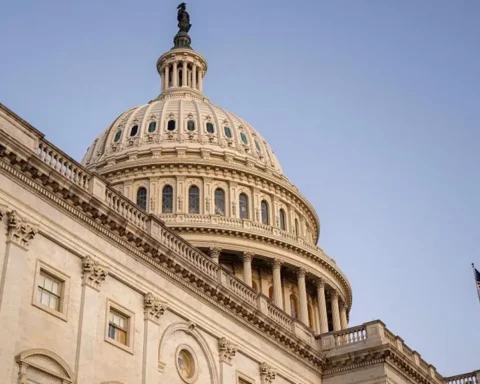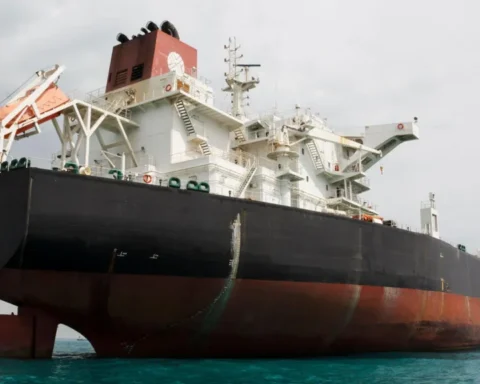Electric car maker Tesla said it delivered a record 1.3 million vehicles last year, 40% more than in 2021.
But the firm, led by billionaire Elon Musk, fell short of Wall Street sales forecasts for the final months of the year.
The company’s shares sank by more than 12% on Tuesday after the update.
In a statement to investors, Tesla said it had to deal with “significant Covid and supply chain related challenges throughout the year”.
Meanwhile, earlier on Tuesday authorities in South Korea said they would fine Tesla $2.2m (£1.8m) for failing to tell its customers about the shorter driving range of its electric vehicles in low temperatures.
The Korea Fair Trade Commission said the company had exaggerated the “driving ranges of its cars on a single charge, their fuel cost-effectiveness compared to gasoline vehicles as well as the performance of its Superchargers”.
Tesla did not immediately respond to a BBC request for comment.
The slide in the share price on Tuesday wiped more than $50bn (£41bn) off Tesla’s market value, which has long been seen as outsized compared with carmakers like Ford and General Motors, who make more vehicles.
Tesla shares tumbled 65% last year – its worst year since going public in 2010 – as investors worried about disruptions to production, concerns over a slowdown in demand and Mr Musk’s focus on newly acquired Twitter.
The multi-billionaire bought the social media platform at the end of October for $44bn (£36.4bn) and has spent much of his time since then trying to turn the business around even as Tesla faces rising challenges.
Like other car makers, Tesla is grappling with the likelihood of slowing demand for vehicles as customers deal with rising borrowing costs and concerns about an economic slowdown.
Tesla also faces competition from traditional motor manufacturing giants such as Ford and General Motors, as well as newer entrants to the market like Rivian and Lucid in the US and China’s BYD and Nio.
Highlighting the logistics issues faced by the world’s most valuable car maker, deliveries in the fourth quarter of the year were also about 34,000 fewer than Tesla produced.
The shortfall is unusual for Tesla, as it had previously managed to deliver about as many vehicles as it produced.
In October chief executive Musk said he was working to resolve the issue,and pushed back on the idea that demand was hurting.
The company is scheduled to announce financial results for the fourth quarter of 2022 and the year as a whole on 25 January.
Tesla said in a separate statement that it plans to host its Investor Day on 1 March and livestream the event from its Gigafactory in Texas.
“Our investors will be able to see our most advanced production line as well as discuss long term expansion plans, generation 3 platform, capital allocation and other subjects with our leadership team,” the company said.






